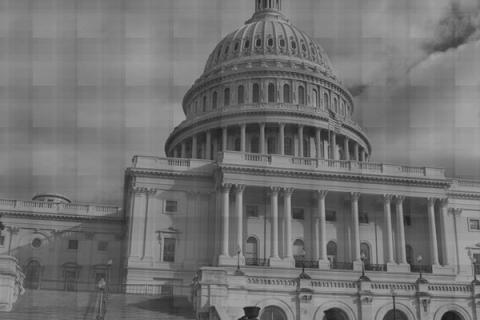 Early in the year, the political world saw the forces of the internet take on what was seemingly an esoteric and unstoppable attempt at internet regulation in the form of SOPA and PIPA. What the political establishment did expect was the uproar and protest swarming from people all over the online world. In January, major sites like Wikipedia to Google even protested the bills, encouraging users to contact their congresspersons in opposition to internet regulation measures. As a few media outlets recognized, much of the initial support was ginned up from the political community of Reddit.com.
Early in the year, the political world saw the forces of the internet take on what was seemingly an esoteric and unstoppable attempt at internet regulation in the form of SOPA and PIPA. What the political establishment did expect was the uproar and protest swarming from people all over the online world. In January, major sites like Wikipedia to Google even protested the bills, encouraging users to contact their congresspersons in opposition to internet regulation measures. As a few media outlets recognized, much of the initial support was ginned up from the political community of Reddit.com.
Young people on the internets often kid that Reddit is a place for pictures of cats, "memes," atheists, and all other interesting stuff before the people of Facebook start sharing it on their wall. But there is a lot more to Reddit. With thousands and thousands of pages dedicated to specific topics, everywhere from /r/todayilearned, to /r/gaming, to /r/lawschool, to /r/athiesm, they also have an active and engaged Reddit politics community.
This excerpt came from a blog directly from the administrators of the website in January:
As you have probably heard, there are two pieces of legislation currently pending that we, and others like us, believe seriously threaten the internet. I wanted to take some time to delve into the text of both of these bills, and outline their potential consequences as I am able to understand them. As you can imagine, this is a complex issue, and as a result this is going to be a complex post. I highly encourage you to set some time aside to read this thoroughly. Grab some caffeine, we are going to be here for a while.
Just perusing the front page of /r/politics on the highly active social media link sharing site, there are three things that are on the top of "Redditors" list of importance over at the Reddit Politics page. As of today, the top two issues on the front page of Reddit politics are: (1) posts in opposition to new and redefined attempts to regulate the internet, and (2) concern over Mitt Romney's lack of financial disclosure. And, worth mentioning, because of Ron Paul's internet appeal, are two posts that got to the front page criticizing America's $9 billion dollar "giveway," as they refer to it, to Israel.
What is important in the case of the Isreal posts is that the original posters make it a point to include Rand Paul (the US Senator from Kentucky and Ron Paul's son), as a supporter of the bill. I assume that the point these Redditors are trying to make is that Rand Paul may not be the hard-lined non-interventionist and philosophical idol that has in part made Ron Paul so popular online. This is especially important in light of Ron and Rand Paul's recent announcement that he would champion internet freedom.
Reddit has proved that they can gin up excitement over political issues and that they have some level of influence over the political dialogue, even if it most of it is relegated to the internets. Whether the community is perceived to be "liberal" or "libertarian" or any other generalization, the political players should be aware that there is a pool of interest over some big political issues. With millions of users, Reddit could be poised to play opposition to the push for internet regulation, a Romney presidential campaign, and maybe even to the son of one of America's biggest online political sensations.
